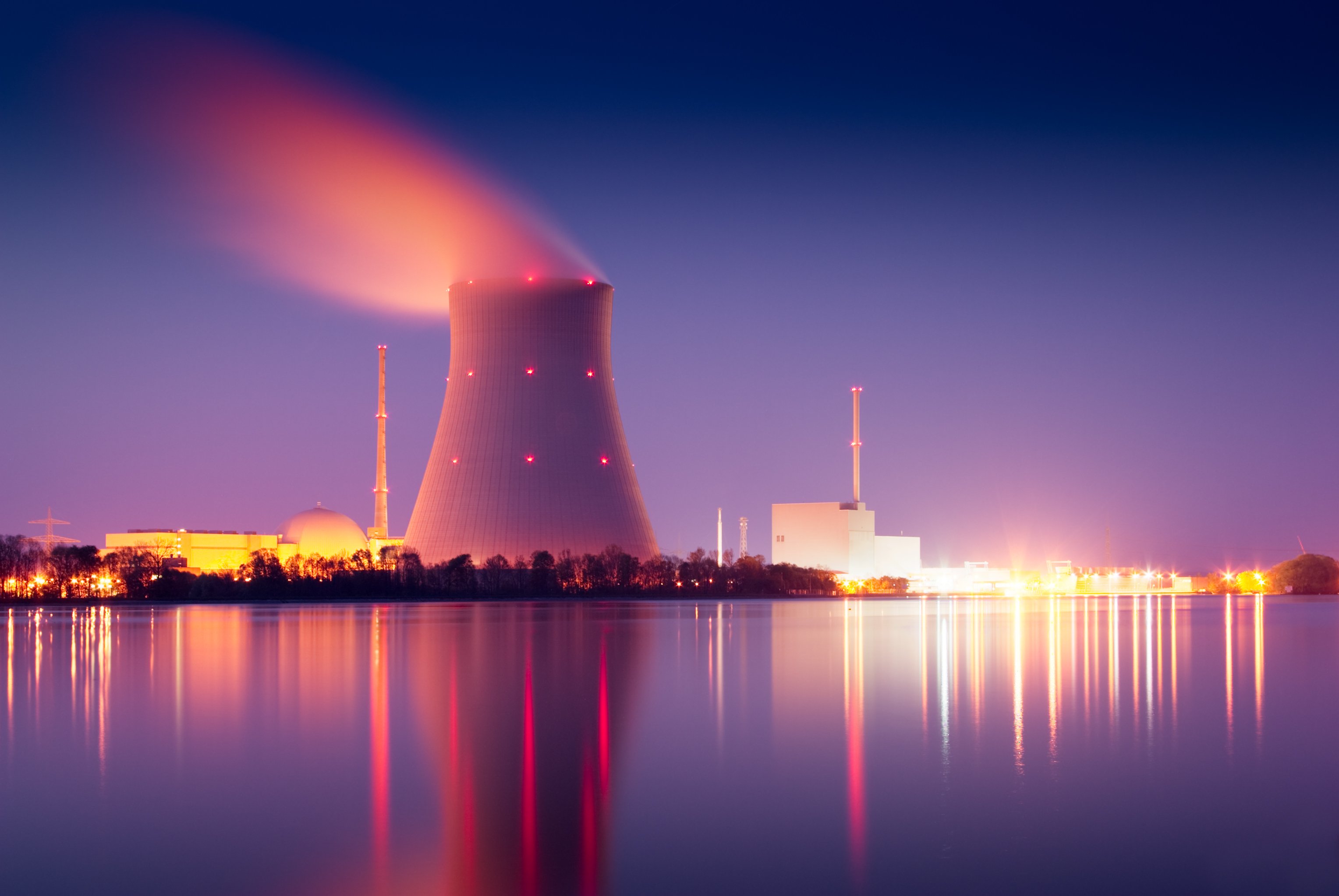It's been an ugly year for solar stocks; the vast majority have lost value in 2018. But there's plenty of opportunity for long-term profits in this incredibly dynamic space, which is projected to grow over 6,000% over the next three decades. Take a listen to what two experts think investors should know about solar stocks going forward.
A full transcript follows the video.
This video was recorded on Dec. 20, 2018.
Nick Sciple: When we're talking about solar, what all goes into that industry? What are the steps in the supply chain to get those panels from manufacturer to your home?
Jason Hall: It's a relatively complex industry. It's certainly an international industry, like a lot of other types of manufactured products. A lot of its manufacturing has shifted overseas and is based in China and Southeast Asia.
Essentially, what you have is, you have the solar module, or the panel, as most people think of it. It's made of solar cells, these individual cells that are grouped together. You have basically two different sizes. You have the size that goes on a house or goes into a commercial installation, maybe on a parking garage on top of a Walmart or a manufacturing facility. Then, you have industrial panels, or utility-scale panels, which are for these giant solar farms that you might see covering acres and acres of land. A utility company might operate those, or they might be buying power from them. So, you have the companies that design the cells and then assemble them into the modules. And, you have companies that do the installation on residential and commercial. These are the companies that are the middleman. They'll buy the solar panels and they'll put them on your house. They deal with all the local licensing and local permitting. They work with your utility to tie everything into the grid.
In between, you have companies that are more specialized. Maybe they manufacture mounting hardware to make it easier to install those panels on your roof, so it's faster for the installers. So, their labor costs go down, and they can pass the savings along to you. Then, they can be a little more profitable, they can do more installs in a given amount of time.
The industry is also becoming smarter in terms of getting the most efficient production, measuring it, making sure that you're getting the best production based on how the system's installed. You're seeing a lot more of the electronics in between the panels, which produce DC energy, which is what your car battery uses. And then, there are electronics called inverters that convert it to AC energy, which is the energy that your lights in your house and your dishwasher and all of those devices use. It does that conversion. And you're seeing those devices get smarter and better, more efficient. More of the sunlight that hits the panel makes it all the way through back to the grid to power your house. Improves the costs, makes it more cost effective. There are a few companies that are really interesting in the middle that make that part.
And now, you have batteries. That's been one of the big problems that we'll talk about in a little bit, is making sure that solar production matches up with when the grid is able to produce and when actual energy consumers are consuming. So, batteries are becoming a big deal, being able to store and tap the solar energy when it's most needed.
Then, on the back end, you have even more companies involved. The utility companies of the solar business. You have what they call yieldcos, which are companies that build these utility-scale projects. Maybe they make an investment in a really big one with other yieldcos. Then, they sell the power to the utility companies, or in some places, directly to large industrial users on long-term contracts. These are really good dividend investments.
Whether you're looking for growth, a value opportunity, a niche special situation company, if you're an income investor, there's something for everybody in this space. But it's really dynamic. There's still a ton of consolidation going on. It's heavily cyclical. You can see demand go up and down in 30% or 40% demand swings over a year or two. Even though we're talking 6,000% growth over the next 30 years, there are really big cyclical swings that can happen from one year to the next that have significantly impacted solar investors. You need to understand that before you go in. You can see big losses in a very short period of time that you may have to hold through to come out of the other side before the profitability shows up.





